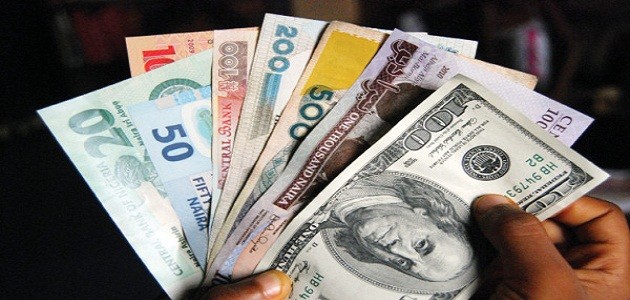The Central Bank of Nigeria (CBN) has decided to collapse the multiple exchange rate policy which was used to determine the value of the Naira and move to a single exchange rate policy.
Some inside sources who want to remain anonymous have disclosed that the country will merge the official rate, the rate for bureau de change (BDC) operators, the rate for importers and exporters and some others.
A senior central bank official who do not want to be identified, said, ‘Today we allowed the rate at the importer and exporters (I&E) window to adjust in response to market developments’
The CBN official admitted that in today’s transaction, the apex bank moved up the rate at the I&E window for foreign investors from N366 per dollar to N380 per dollar.
Some economic and financial experts including global financial institutions like the International Monetary Fund (IMF) have been very critical of the multiple exchange rate system which has been operational in Nigeria. The country has been operating this system which pegged the official rate at about N305 per dollar, in a bid to control demand for dollars.
Government businesses and some selected priority companies like importers of petrol usually benefit from the supply of cheap foreign exchange.
However, the CBN created an importer and exporter window in 2017 as a reaction to the economic recession in 2016, which helped to weaken the Naira.
The single exchange rate has been identified as a very effective tool for resource allocation. Analysts are of the opinion that the multiple exchange rate can be subject to abuse and manipulation, possibly aiding corruption.

 Health5 days ago
Health5 days ago
 Entertainment6 days ago
Entertainment6 days ago
 Crime5 days ago
Crime5 days ago
 Education7 days ago
Education7 days ago
 Health7 days ago
Health7 days ago
 Comments and Issues6 days ago
Comments and Issues6 days ago
 Football6 days ago
Football6 days ago
 Latest6 days ago
Latest6 days ago

